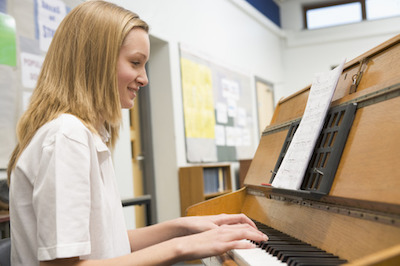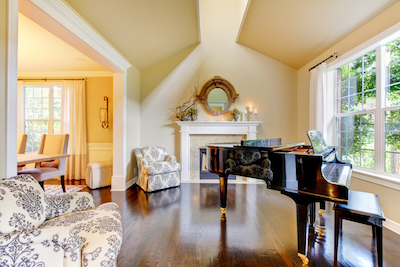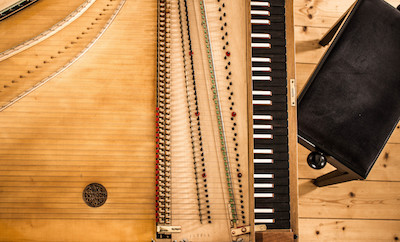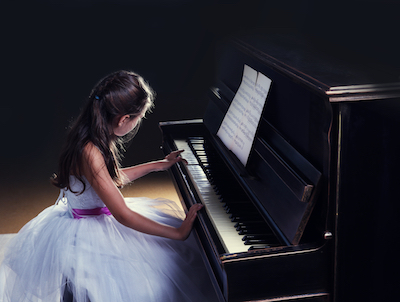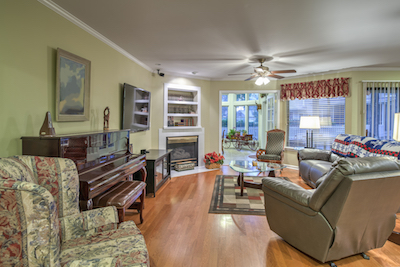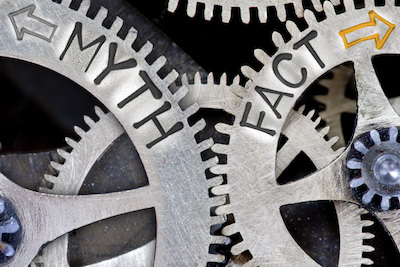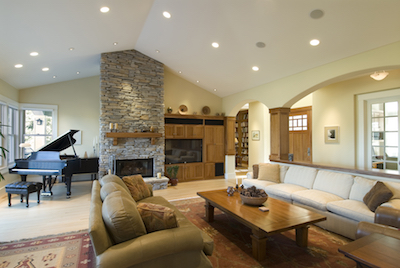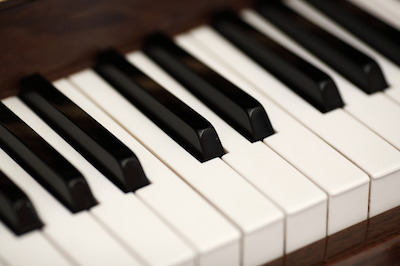How do professional piano players select a new piano? They look for a variety of things.
Acoustic or Digital
Pros know exactly what they want. And in many cases, they select both acoustic and digital depending on their needs. Acoustic pianos are more traditional, operating with metal strings and hammers that hit the strings each time a note is played. Digital pianos offer modern technology that makes it easy to record and play from anywhere in the world.
Sound Production
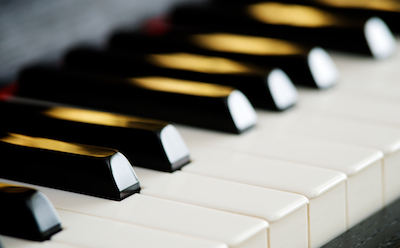 Pros know the most important part of a piano is the sound produced. And every piano – even pianos made by the same manufacturer – will have a different sound. It’s important to play every note and hear every sound before making your final selection.
Pros know the most important part of a piano is the sound produced. And every piano – even pianos made by the same manufacturer – will have a different sound. It’s important to play every note and hear every sound before making your final selection.
Key Texture
Playing the piano is a personal experience. You have to connect with each key to be able to play. How do they feel? How do you connect? Do they stick? Do they feel off base? If it lacks the right cushion, you might hurt the joints in your fingers as you play.
The Final Location
Even the same piano will sound different in different spaces. A grand piano will sound different in a concert hall as compared to a closed off room. Selecting the right piano often means selecting the right piano for the room.
Warranty
It’s important to select a piano from a reputable dealer. A warranty gives you the guarantee that your piano will operate at it’s best quality for a select amount of time.
The Brand
For some pros, brand is everything. But most pros also know that there are many reputable piano manufacturers out there, and selecting the right one often means looking at reputation. You want a company that has stood the test of time and offers quality in everything it produces.
The Extras
This is where decision time can be fun. A pro knows the extras are what sets different pianos apart. The pros know that when they want something specific, they focus in on getting the best they can.
What’s your specifics? What are you looking for in a piano? Come in with your questions, and we’ll help you find the right piano for your needs.
